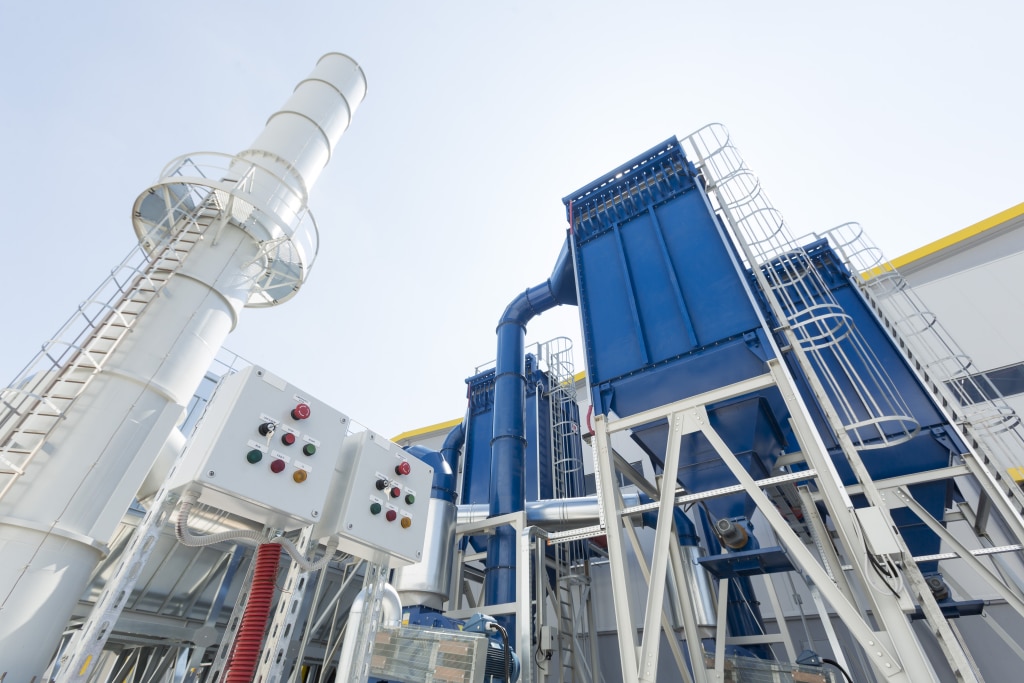Clean-Seas wants to increase its capacity to produce energy by pyrolysis and it is in Morocco that the company has set up shop. The subsidiary of the California-based Clean Vision Group in the United States of America has announced the signing of a binding term sheet with Ecosynergie (ESG). The company, based in Agadir, Morocco, specialises in the conversion of plastic waste into energy via pyrolysis.
This is a distillation process that turns plastic waste into fuel. When heated to over 400°C, the plastic waste is transformed into gas. Depending on the condensation (cooling) temperatures of this gas, different types of fuel are obtained, including petrol, gas oil (diesel), pyrolytic oil, gas for reuse in combustion, etc.
Processing 350 tonnes of plastic waste per day
In Morocco, ESG has invested in two plants capable of converting 10 tonnes of plastic waste per day. Clean-Seas plans to expand these facilities to become part of its plastic waste conversion network. Through the expansion of the two plants, the US investor aims to develop a processing capacity of 350 tonnes of plastic waste per day.
Read also- DRC: Clean-Seas to produce electricity from plastic waste via pyrolysis
“The opportunity to quickly acquire and commission two commercial-scale pyrolysis plants makes this transaction particularly valuable, as we expect to generate cash flow, and broader private sector and government interest, from the outset,” explains Dan Bates, Clean Vision’s managing director. Morocco will serve as a base for the company to expand its plastic waste-to-energy network to Europe.
The creation of a Moroccan subsidiary
But first, Clean-Seas and ESG have agreed to create Clean-Seas Morocco (CSM). This is a joint venture that will manage the assets of both partners in the Kingdom of Morocco. And according to the agreement signed between the two parties, Clean-Seas will provide the necessary capital to increase CSM’s operations to a capacity of processing 350 tonnes of plastic waste per day.
The US company will also be responsible for construction, operations management, contractors, finance and customers who purchase the pyrolysis products. With these investments, Clean-Seas will have a majority stake in the future joint venture ‘and will share the net profits equally with ESG’.
For its part, the Moroccan company will take care of the land for the development of the plastic waste treatment plants. ESG will also be responsible for obtaining the necessary licences and permits. ESG will also be responsible for the supply of raw materials (plastic waste) and the disposal agreements.
Jean Marie Takouleu
